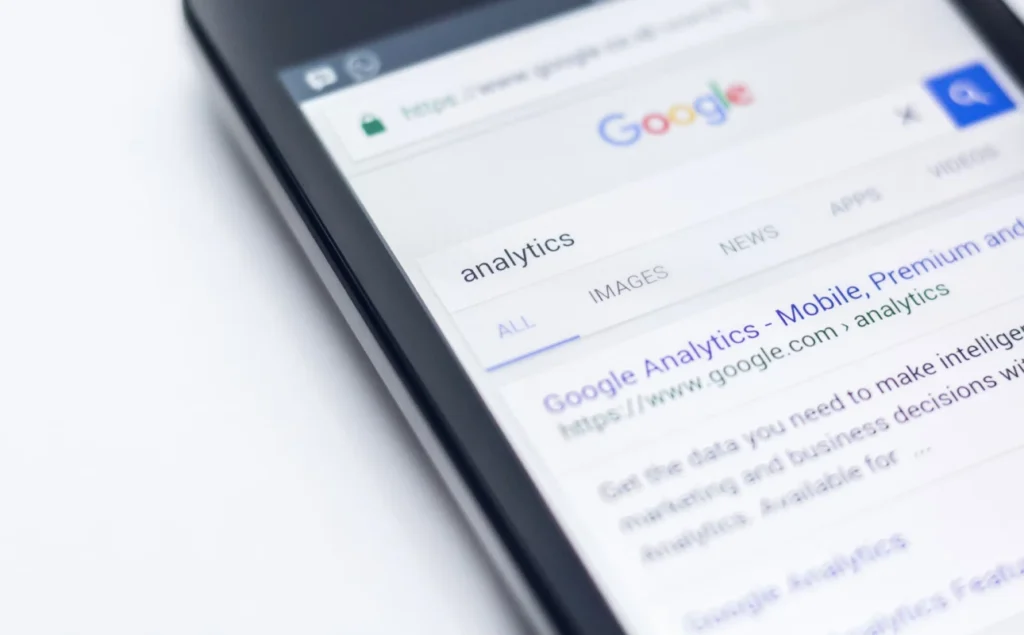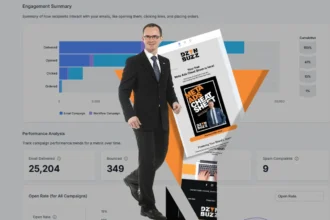Introduction: Why Strategy Matters More Than Ever
In today’s hyper-distracted digital world, content alone won’t cut it – strategy is the real differentiator.
“72% of marketers say a strong content strategy was key to their success in 2024.”
— Content Marketing Institute
Whether you’re a startup or an established brand, you need a content plan that guides your audience through their journey — from awareness to action.
What Is a Content Strategy?
A content strategy is a deliberate plan to create, distribute, and optimize content to achieve business goals like:
- Generating qualified leads
- Driving sales
- Building brand authority
- Nurturing customer relationships
Unlike random posting, a strategy ensures every piece of content serves a purpose.
Step-by-Step: How to Build a Content Strategy That Converts
Let’s break down the process into practical, actionable steps:
Step 1: Define Your Goals
Start with clarity. Ask:
- Do I want to drive more traffic?
- Do I want to capture leads?
- Do I want to boost product sales?
“Content without a goal is just noise.”
Set SMART goals (Specific, Measurable, Achievable, Relevant, Time-bound).
Step 2: Know Your Audience
Create buyer personas:
- Age, gender, job title
- Pain points
- Buying triggers
- Platforms they use
This ensures your content speaks directly to your audience’s challenges.
Step 3: Map Content to the Buyer Journey
| Stage | Content Type | Goal |
|---|---|---|
| Awareness | Blogs, Infographics, Reels | Educate + Attract |
| Consideration | Case Studies, eBooks, Webinars | Engage + Nurture |
| Decision | Landing Pages, Product Demos, Reviews | Convert + Close |
“Great content is not just informative — it’s transformative at every touchpoint.”
Step 4: Choose Your Core Content Formats
Select a pillar format based on your strengths and audience preferences:
- Long-form Blogs
- YouTube Videos
- Podcasts
- LinkedIn Posts
- Email Newsletters
At DzynBuzz, we recommend starting with blogs and turning them into multi-format micro-content.
Step 5: Create a Content Calendar
Consistency builds trust. Plan:
- What to publish
- When to publish
- Where to publish
- Who’s responsible
Use tools like Trello, Notion, or Google Sheets — or better, automate your calendar via GoHighLevel for smart scheduling.

Step 6: Write for Humans, Optimize for Search
Ensure your content:
- Speaks to real user pain points
- Uses SEO best practices (titles, keywords, meta descriptions, internal links)
- Includes CTAs that guide users toward your offer
“Companies that blog 11+ times a month get 3.5x more traffic than those that blog 0–4 times.”
— HubSpot, 2024
Step 7: Promote Across Channels
Don’t “post and pray.” Amplify your content through:
- Email newsletters
- Social media repurposing
- Paid ads
- Collaborations or guest posts
Pro Tip: Use Meta Ads with retargeting to promote lead magnets like eBooks or case studies to high-intent audiences.
Step 8: Track, Measure, and Optimize
What gets measured, gets managed. Track:
- Page views
- Conversion rate
- Bounce rate
- Time on page
- Lead quality
Tools we use at DzynBuzz: GA4, Meta Pixel, and Hotjar

Common Mistakes to Avoid
- Creating content without a defined purpose
- Ignoring SEO or keyword research
- Posting inconsistently
- Skipping CTAs
- Focusing on quantity over quality
Final Thoughts: Strategy Unlocks Scalability
Creating great content is an art. Creating great content that converts is a science — and a strategy helps you master both.
“Decode. Design. Dominate.” – That’s how we build your brand authority with content at DzynBuzz.













